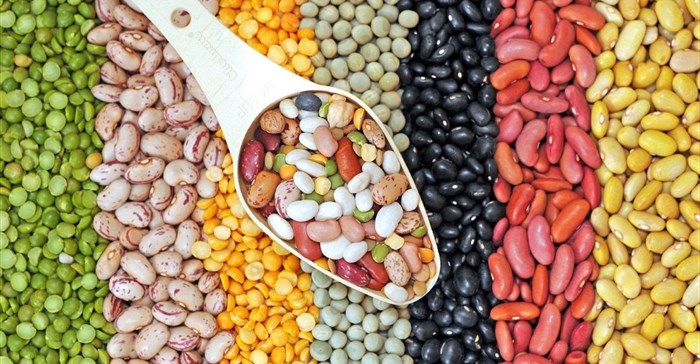In the hope of positioning pulses as a primary source of protein and other essential nutrients, the UN declared 2016 as the International Year of the Pulses (IYP). Despite pulses being little nutritional powerhouses that should be included in our diets, not many people know what a pulse is.
Pulses are part of the legume family, but the term “pulse” refers only to the dried seed such as dried peas, beans, lentils and chickpeas. All of these can be sprinkled on salads, added to soups, stews and curries or eaten plain as snacks.
Here are some of the many benefits of pulses:
Pulses are a great source of protein, making them an excellent alternative to meat, fish or dairy products. You can also add pulses to meat dishes to add extra texture and flavour while using less meat, which makes dishes healthier, lower in fat and more economical.
Pulses are a good source of iron, vitamins and minerals. They add fibre to your meals, reducing the risk of heart disease and type 2 diabetes. One cup of cooked lentils contains more than 15g of fibre, meeting 60 percent of your daily recommended value.
Pulses are also high in potassium. Including more potassium-rich foods in your diet can lower blood pressure by counteracting the effects of sodium.
Pulses will give you sustained energy all day with their low glycaemic index. Foods with a low glycaemic index cause only a small rise in blood sugar, while foods with a high glycaemic index cause a spike in blood sugar.
The official South African signature dish for the IYP is a traditional potjie.
The following brands are partners of IYP in South Africa:
Tiger Brands
Pouyoukas Foods
AGT Foods Africa
The Heart and Stroke Foundation SA
For more information and to get involved visit the Global Pulse Confederation.































